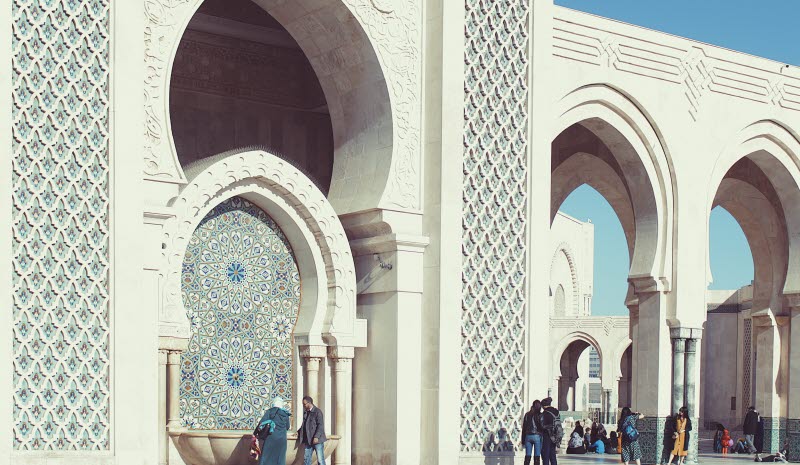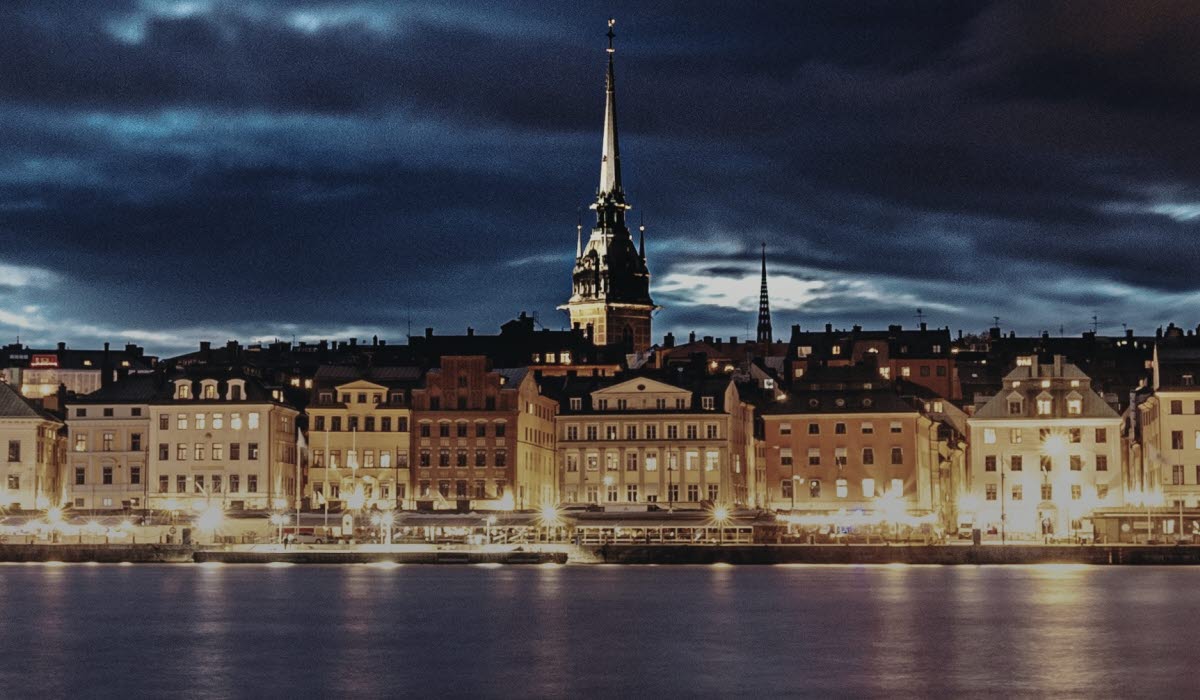Morocco is a constitutional monarchy that has shown a steady political stability throughout the years. Overall, Morocco's economy is characterised by a growing private sector, economic liberalisation, and integration with the global economy.
Africa’s growth hub
With Europe in sight across the Strait of Gibraltar, Morocco hasis a strategic location for Swedish companies. The country is a regional hub for North and West Africa due to its geographic position and economic integration with neighboring countries. With its well-developed infrastructure, including airports, ports, speed train and highways, Morocco serves as a gateway for trade and investment in the region. Being the first country on the continent with more than 50 Free Trade Agreements, its exports have grown significantly over the past decade in the automotive industry, but also in textiles, electronics, and agricultural goods. Morocco's thriving services sector, including finance, tourism, and information technology, has helped position the country as a regional leader in these industries.
Morocco is part of North Africa, a region that hosts a population of 256 million across Algeria, Egypt, Libya, Morocco, Sudan, and Tunisia. Companies should keep in mind that the nations in North Africa are vastly different in terms of political stability, economic growth and ease of doing business/business opportunities. Morocco is considered the regional investment hub of North Africa thanks to its resilient economy, growth prospects and openness for foreign investment.
Opportunities for Swedish companies
Several Swedish companies are already established in Morocco, within various industries such as telecommunications, energy, and transport. The country has been steadily growing, offering manufacturing opportunities with high engineering quality, lower labour costs and geographical proximity to Europe and Sweden.
As finance is a competitive key sector in the area, Business Sweden actively supports Swedish companies in developing strategic alliances with multilateral development banks. Collaborations with banks such as the African Development Bank, World Bank, European Investment Bank, National and regional authorities aim to identify relevant procurement projects where Swedish companies can compete.
How we can help
The Business Sweden hub in Casablanca has been active for more than a decade. We support Swedish companies with strategic advice, market-specific expertise, and a local network. We can help Swedish businesses to e.g., assess the markets, identify the right local distributors or partners and support in stakeholder engagement. The Casablanca office acts as a hub for North and West Africa, collaborating closely with the offices in Nairobi (Kenya) and Johannesburg (South Africa).
If you are interested in learning more about the West African market, you are welcome to read more here: West Africa - Business Sweden (business-sweden.com).

Anthonia Adenaya Huard
Manager West Africa & Acting Country manager MoroccoWhat are the main advantages for expansion in Morocco, Northern and Western Africa?
North Africa is a region ripe with business opportunities for Swedish firms. Morocco is usually ranked as the most attractive business destination in North Africa and among the most attractive in Africa, thanks to factors such as political stability, economic growth, strategic geographic positioning, increased FDI, import cover ratio and a favourable business environment. Morocco is both the gateway to Africa and a bridge to Europe. Because of its free trade agreements with Europe and several countries in Africa and the Middle East, the region is a gateway to a market of over a billion people.
What are the risks and challenges companies may face in Morocco, Northern and Western Africa?
Each market in the region is vastly different, hence challenges depend on the market. Some challenges are a lack of transparency in government procurement, slow bureaucratic decision-making. Moreover procedures and payments are not always in line with Western European expectations, e.g. delays in receiving payments from governments. To manage business risks, a strong local partner and close control on local operations are strongly recommended.
Are there any cultural aspects to consider?
Business practices have been greatly influenced by French culture, emphasising courtesy and a degree of formality. Legal and banking systems in Morocco is a combination of French, Spanish and Islamic law, which can be a new environment to navigate for Swedish companies. Who you know can be more important than what you know, it is therefore important to cultivate contacts and networks to assist you. Companies also prefer to do business with those they know and respect, hence a long-term approach and market presence is key to success in these regions. Finding the right partners and stakeholders to engage and do business with is crucial to success.













